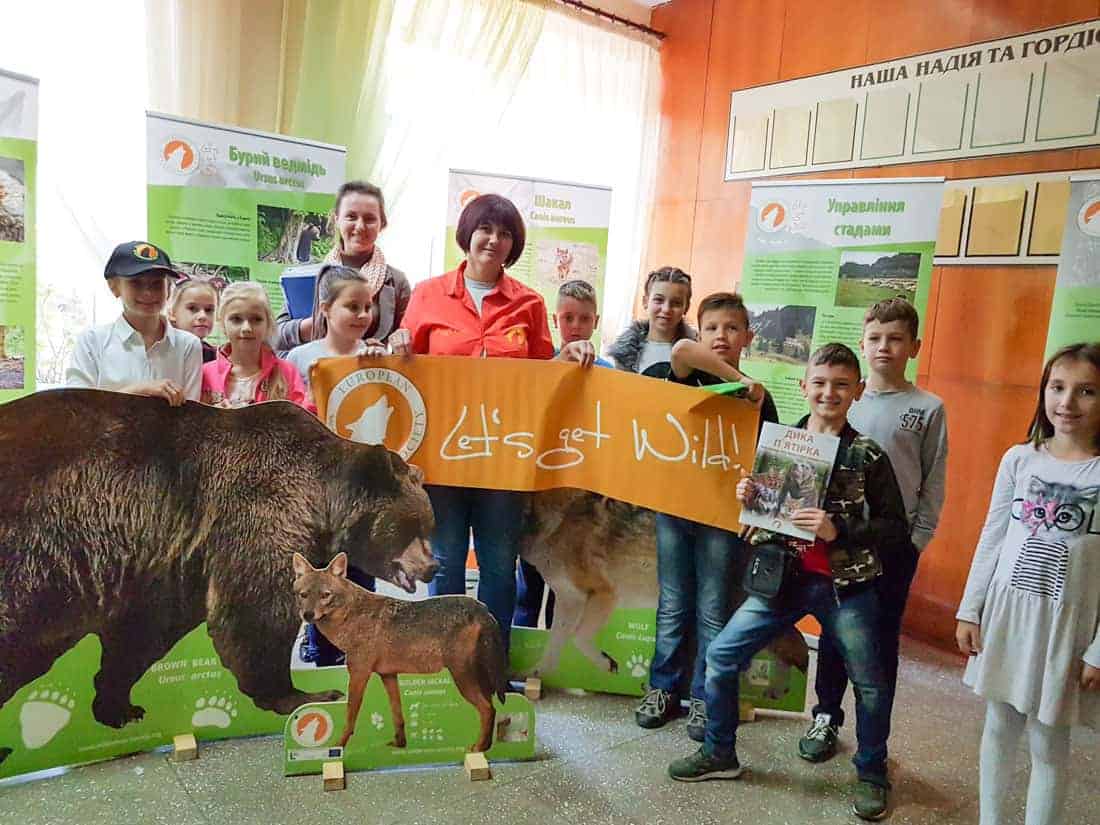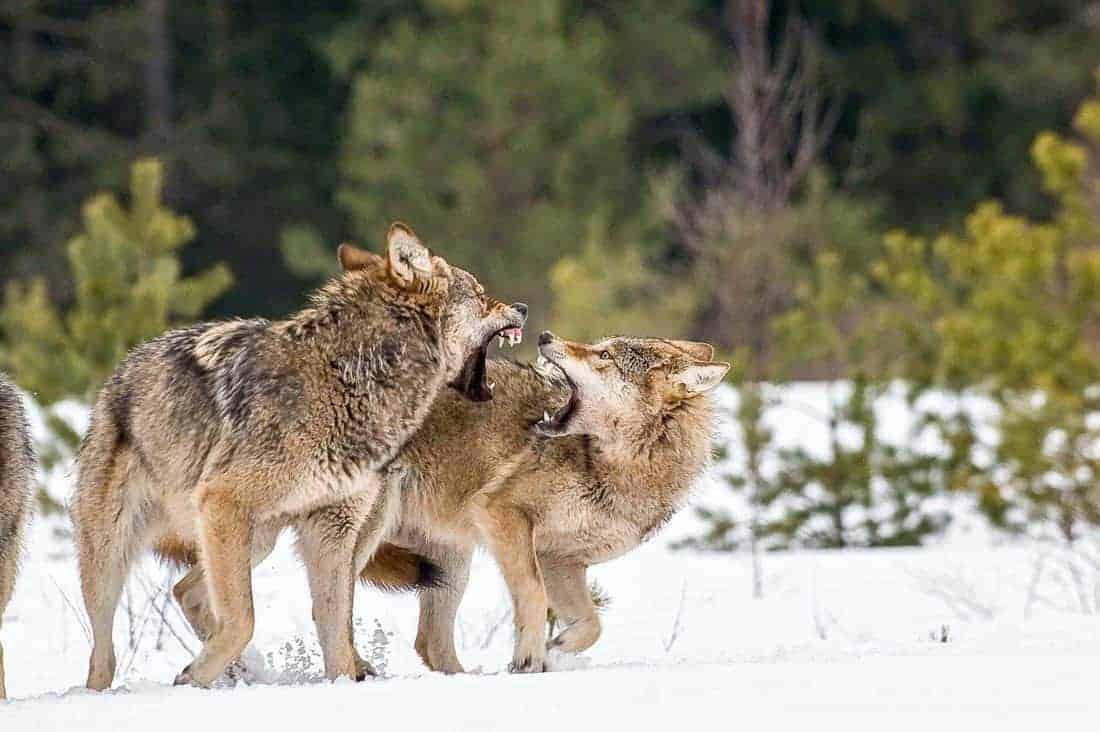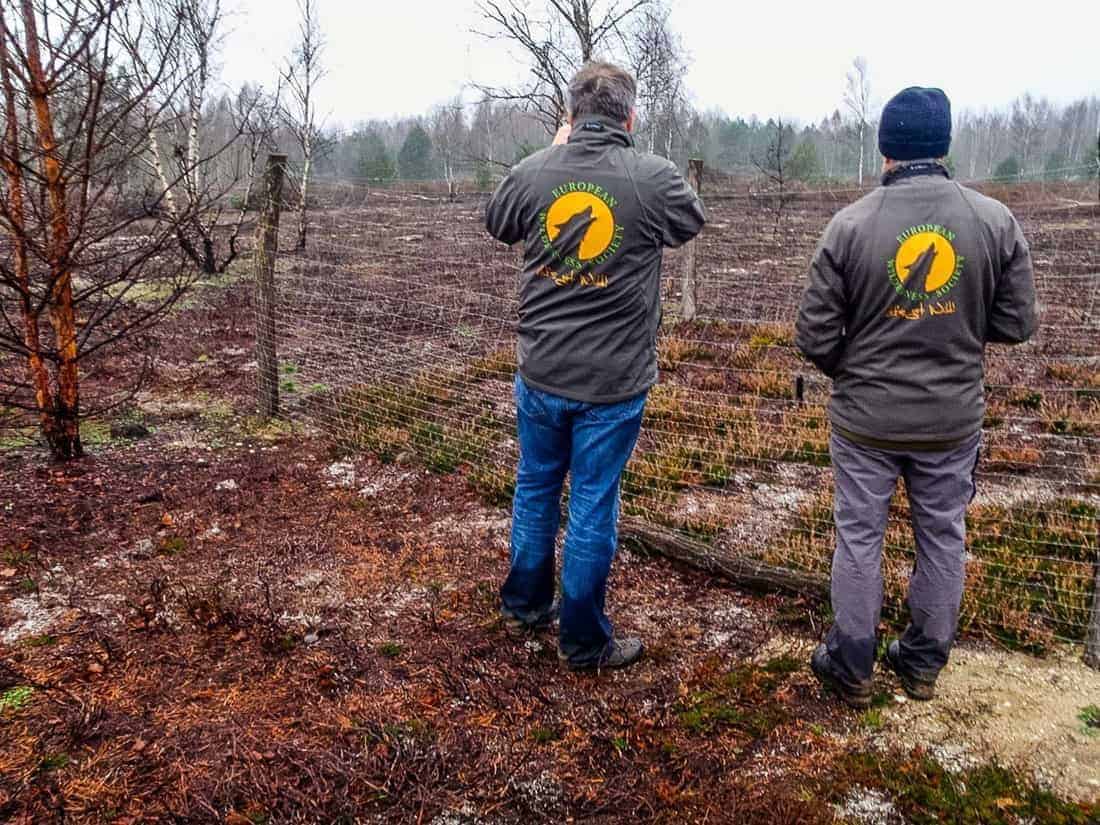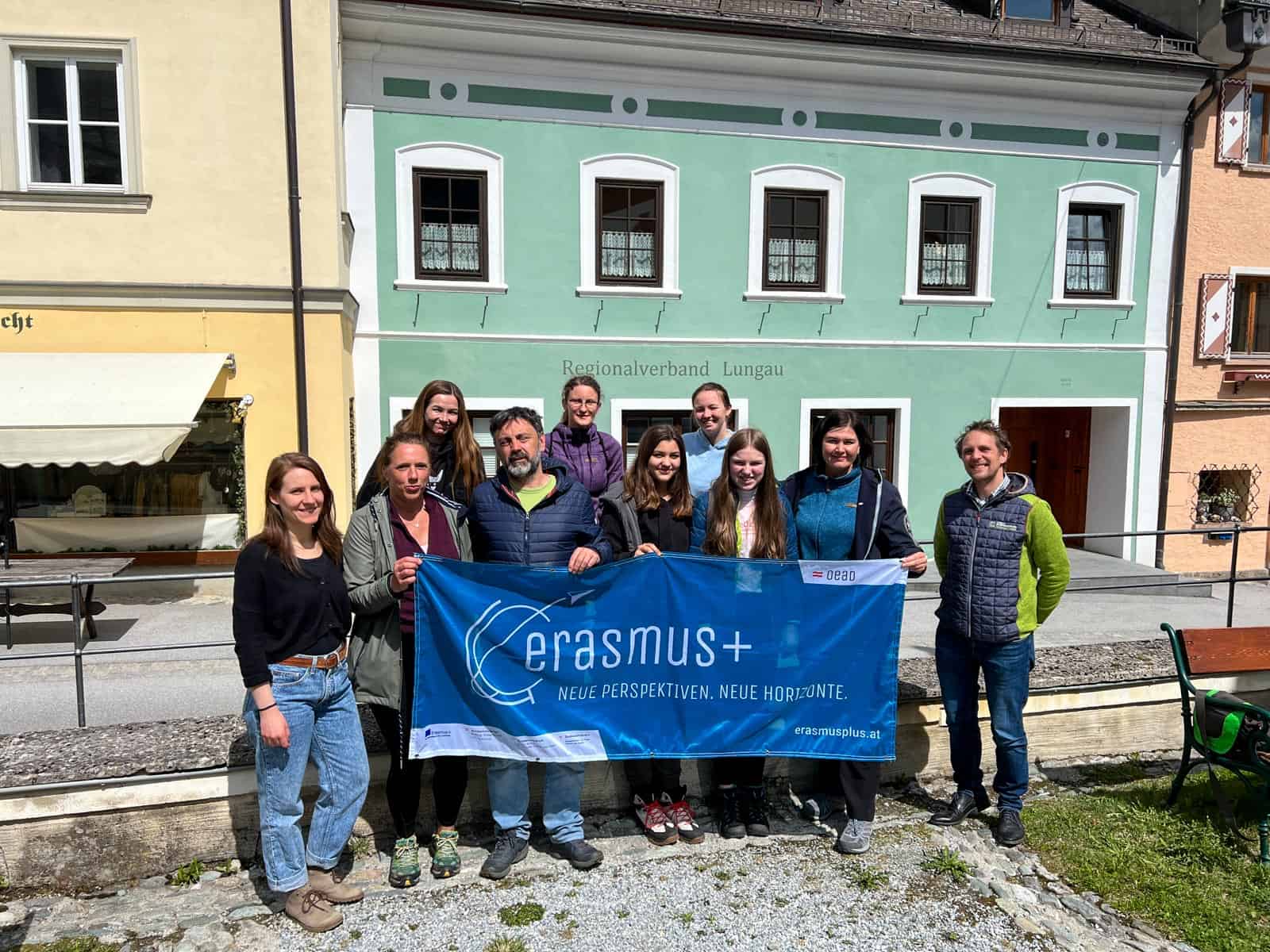Pragmatism vs Morality: Reasons to conserve nature
As European Wilderness Society we are passionate about preserving Europe’s last wild places and their biodiversity as we find it important to keep some land untouched from human influence. But some people might say, why bother? Wouldn’t the world perhaps also gain from logging all the forests and in this way create jobs and resources? Of course, we would, but in this way, we also lose a lot of biodiversity. So why do we need biodiversity and Wilderness?
Please also read: Biodiversity offsetting: Pricing nature or protect it
There are two main reasons for nature conservation, a pragmatic one and a philosophical one. Let’s first be pragmatic.
Ecosystem services
Humans need nature more than nature needs us. This is clear. Already back in 1997 Costanza et al. calculated that the value of all ecosystem services that nature provides us with is 33 trillion dollars, which is far more than the global GDP. We need nature to provide us with clean air, to protect us from floods, to provide us with food, for recreation, and better health. A high level of biodiversity is crucial for providing these services. Even when we perceive some species useless for certain services this is rarely so. To give an example, carnivores are important for carbon sequestration, as by regulating the populations of herbivores they increase plant survival and growth. Wilderness is thus crucial for service provisioning as it is the natural state of ecosystems with high levels of biodiversity and species populations being regulated at their natural levels.
Nature’s intrinsic value
The philosophical reason for nature conservation is called the “intrinsic value” of nature, nature’s inner value. Intrinsic value is what nature is worth on its own, not what is worth to humans. It is what nature was worth before humans evolved and after we are gone, based on Kant’s philosophy. Thus, this value is in no way captured by ecosystem services and in effect implies that species extinctions and nature destruction is a moral wrong. To explain this better, we also give intrinsic value to human lives which makes them valuable on their own, therefore murder is considered immoral. Again, Wilderness areas are the last untouched parts of Earth, the last ones unaffected by human destruction, therefore so much more valuable. We could say that these are the areas with the highest intrinsic value.
Often, the pragmatic reasons are emphasised as a motivation for nature protection as they highlight the human dependence on nature. Equally, it serves to motivate us to look after nature even there are other, seemingly more pressuring issues at hand. For example, conserving biodiversity is crucial for preventing poverty, as the ecosystem services are often especially important for the most vulnerable social groups. However, intrinsic value is a strong moral reason for preserving biodiversity. It holds even when the services provided by biodiversity might be more efficiently or more cheaply provided by artificial solution. Research has shown that most conservationists enter their profession because of the intrinsic value they see in nature rather than just from a wish to protect the ecosystem services nature provides us with.
Conserving Wilderness
With little use allowed, Wilderness inevitably has a lower economic value to humans than other similar natural areas. For example, selective logging in forests provides us with provisioning services that Wilderness does not, but at the same time might not decrease the provisioning of other services massively. Therefore, for conservation of Wilderness being aware of its intrinsic value is crucial as the ecosystem services argument might not suffice for leaving these areas on their own. On the other hand, valuing them for their uniqueness and high intrinsic value is a strong argument for their conservation. Although ecosystem services nowadays get more attention than intrinsic value that nature and Wilderness have, intrinsic value should not be neglected. In the end, intrinsic value is a bullet-proof argument for nature conservation that can be used in any given situation, while ecosystem services argument may not always provide the best solution for biodiversity.
Although ecosystem services nowadays get more attention than intrinsic value that nature and Wilderness have, intrinsic value should not be neglected. In the end, intrinsic value is a bullet-proof argument for nature conservation that can be used in any given situation, while ecosystem services argument may not always provide the best solution for biodiversity.









